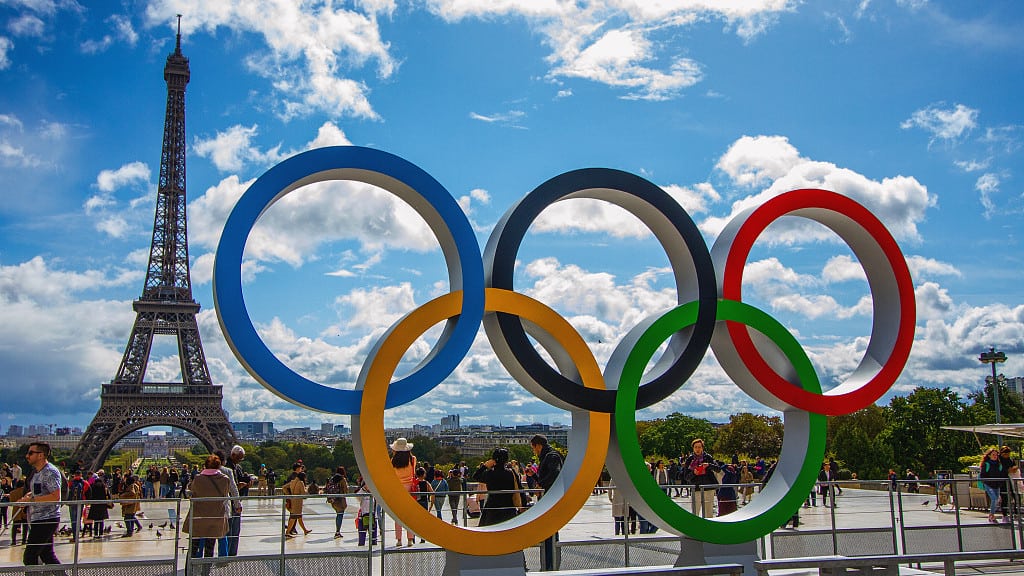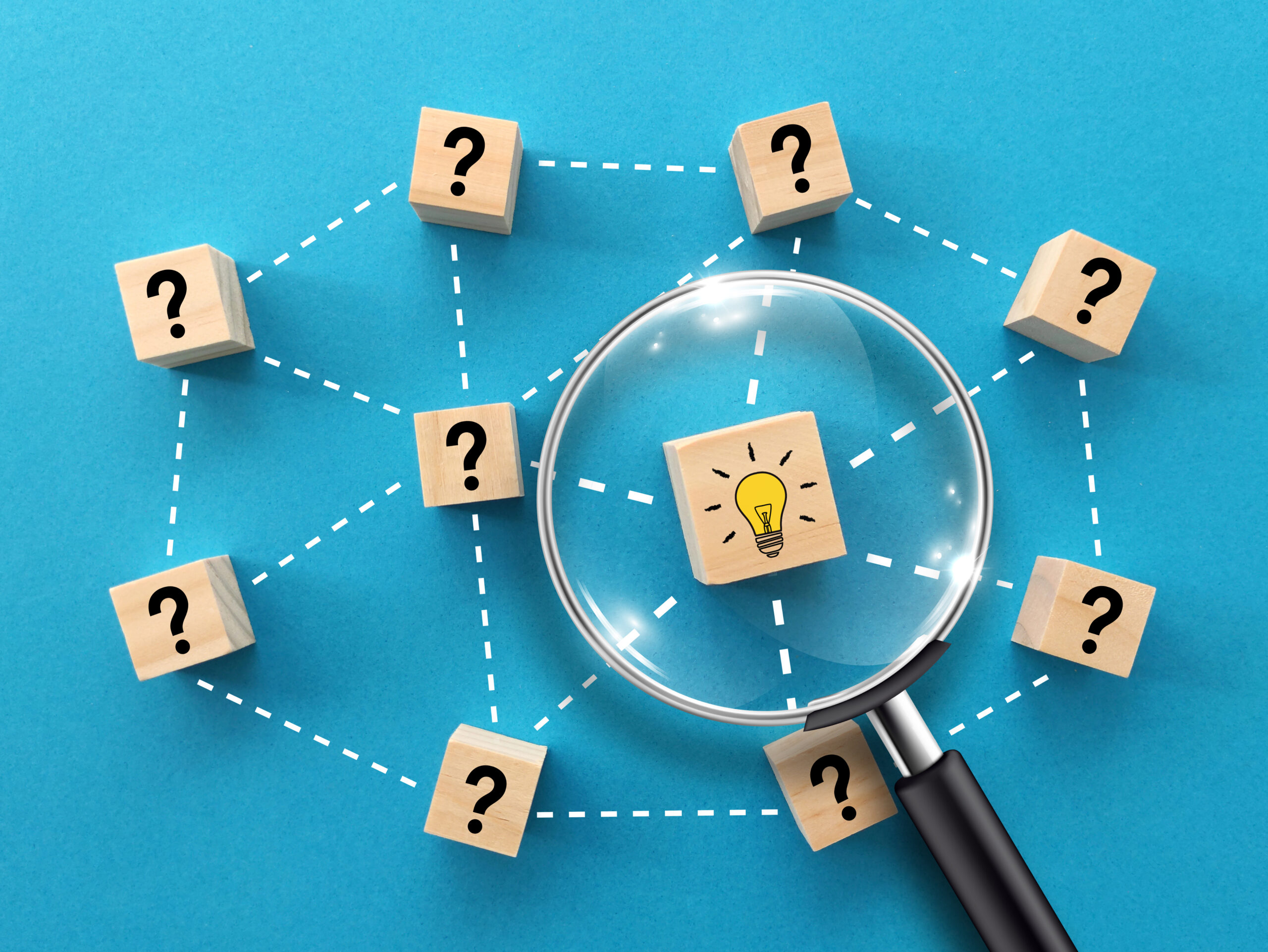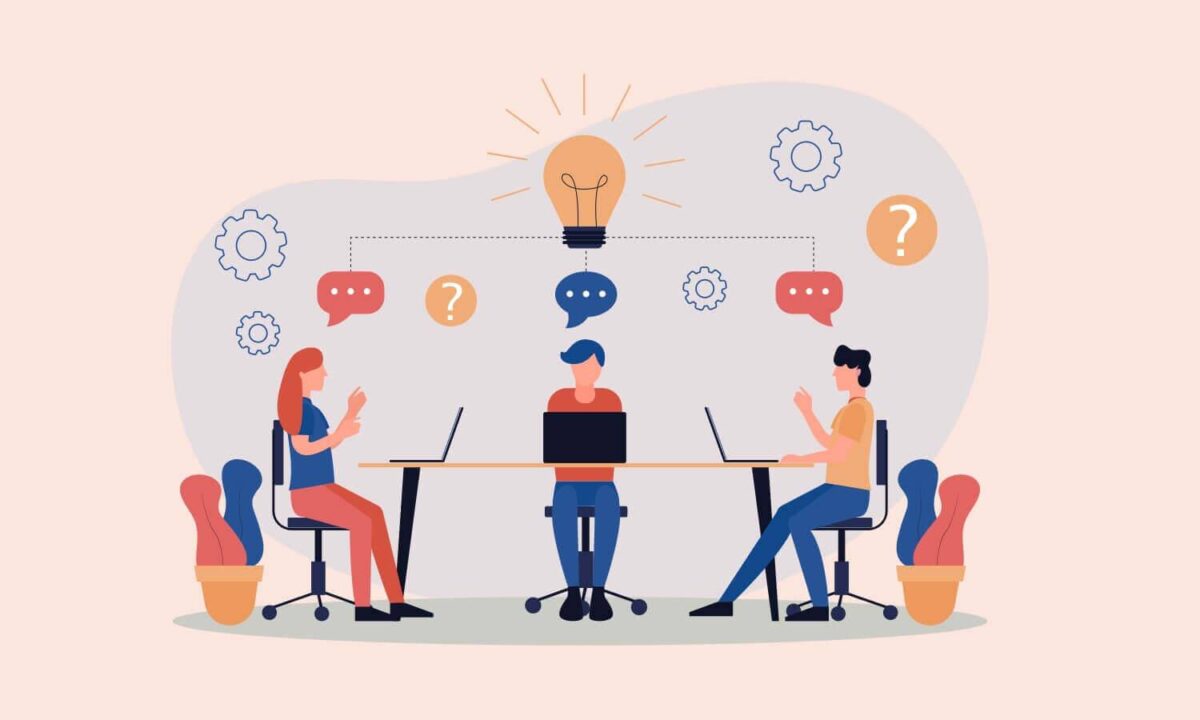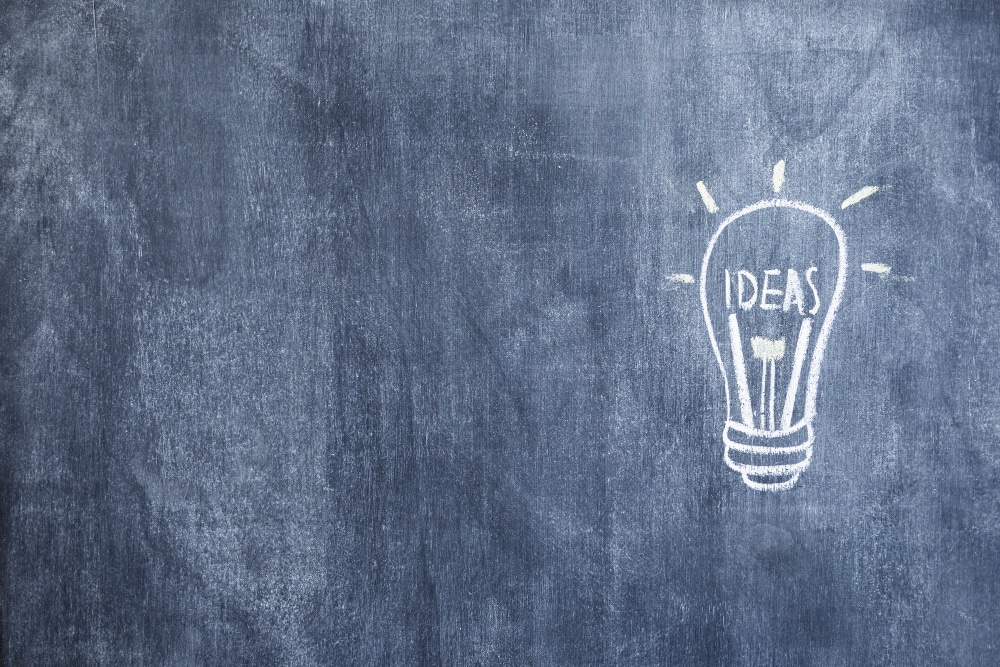As the world eagerly awaits the upcoming Paris Olympics, the stage is set for athletes to showcase their preparation, prowess, and determination to clinch the coveted gold medals. In a parallel universe, the world of innovation is no less competitive, with organizations striving to produce winning ideas that yield a high return on investment (ROI). Both Olympians and organizations with innovation programs strive for excellence through the development of a resourceful and resilient mindset as well as fitness tailored to their respective domains. While the arenas differ, the underlying principles for increasing performance are universal in the pursuit of victory.
Preparation and Training
Olympic athletes undergo rigorous training and preparation, dedicating countless hours to honing their skills, perfecting techniques, and pushing their physical and mental limits. Similarly, successful innovation programs require meticulous preparation. This involves fostering a culture of creativity, providing resources, and investing in the development of employees’ skills.
In the words of Michael Phelps, the most decorated Olympian of all time: “It’s not about how fast you go, but how well you prepare.” This sentiment resonates with innovators who understand the importance of groundwork in achieving groundbreaking ideas. Just as athletes focus on the right combination of physical and mental training, innovation teams must cultivate a diverse skill set, combining technical expertise with creative thinking and a savvy understanding of their organization’s ecosystem.
Is your organization prepared to medal in innovation or would it miss standing on the podium altogether? Does your organization do an exceptional job harnessing the ingenuity of your workforce to continuously improve its operations? When it comes to developing new offerings, how effective is your organization at executing these foundational innovation tasks?
- Strategizing: Charting the course and prioritizing innovation endeavors
- Discovery: Identifying unmet needs and lucrative opportunities in the market
- Idea Generation: Fostering a multitude of high-potential concepts for innovation
- Refining: Iteratively enhancing and optimizing the value proposition of ideas
- Decision-Making: Making informed choices among a pool of novel concepts
- Product Development: Crafting, building, and testing innovative products and services
- Implementing: Timely and budget-friendly delivery of innovative solutions
- Commercializing: Launching and scaling up new products and businesses
Improving your Fitness
While the details may vary based on the sport, coaching philosophy, and characteristics of the athlete, most Olympians follow a training plan, which divides the training cycle into distinct phases. These phases typically include the preparatory phase (building a base), the competition phase (specific training for events), and the transition phase (rest and recovery). The phases and many hours of hard work typically include:
- Strength Training: Engage in targeted exercises to enhance power, muscular endurance, and overall physical resilience.
- Cardiovascular Conditioning: Engage in activities such as running, swimming, cycling, or sport-specific drills to enhance their stamina and improve aerobic and anaerobic capacity.
- Skill-Specific Training: Honing the specific skills required for their sport through technical drills, practice sessions, and simulations of competitive scenarios.
- Flexibility and Mobility: Stretching routines, yoga, and dynamic mobility exercises are often incorporated to maintain a full range of motion and joint flexibility.
- Nutrition and Hydration: Work closely with nutritionists to tailor their diet and ensure proper hydration to meet the energy demands of training and competition.
- Recovery Strategies: Utilize ice baths, massage therapy, compression garments, and adequate sleep to help reduce muscle soreness, inflammation, and fatigue.
- Mental Conditioning: Use mental conditioning like visualization and goal-setting to develop focus, resilience, and a winning mindset.
Olympic gold medalist Simone Biles once said, “Gold medals aren’t really made of gold. They’re made of sweat, determination, and a hard-to-find alloy called guts.” This perspective applies equally to the innovation arena. Organizations aiming to achieve elite levels of innovation not only require time, talent, and funding, but also deep commitment and relentless discipline to the creation of value through the implementation of new ideas.
Data-Driven Development
Regular assessments of physical and physiological parameters are conducted to track an athlete’s progress and make adjustments to the training plan. This may include performance testing, biomechanical analysis, and medical assessments. The metrics inform the developmental journey of the athlete toward peak performance and provide indicators of their potential to set new Olympic records.
The same logic holds for innovation programs. Measuring the preparedness, performance, and maturity of an organization’s innovation program is essential for strategic alignment, performance evaluation, resource allocation, continuous improvement, risk management, employee engagement, benchmarking, transparent communication, and demonstrating value to stakeholders. The use of data provides a quantitative and objective foundation for making informed decisions and driving successful innovation initiatives.
Free Innovation Assessments
Just like athletes aiming for gold, it’s worth investing time and energy in properly preparing yourself and your enterprise to out-think, out-create, and out-perform the competition. Start by stepping back and assessing the current situation. Discover how ready, willing, and able your organization is to innovate at sprinters’ speed with a marathoner’s endurance. Take a free fitness survey to identify your personal innovation mindset and skill level as well as evaluate your innovation program’s current capabilities. Invite colleagues to take the surveys and compare results, share insights, and formulate a plan for moving forward. For questions or guidance on enhancing your innovation program or assessing your enterprise’s innovation culture, contact me at Gyorffy@LBGinnovate.com. Let the games begin!
Most Recent Posts
Explore the latest innovation insights and trends with our recent blog posts.













